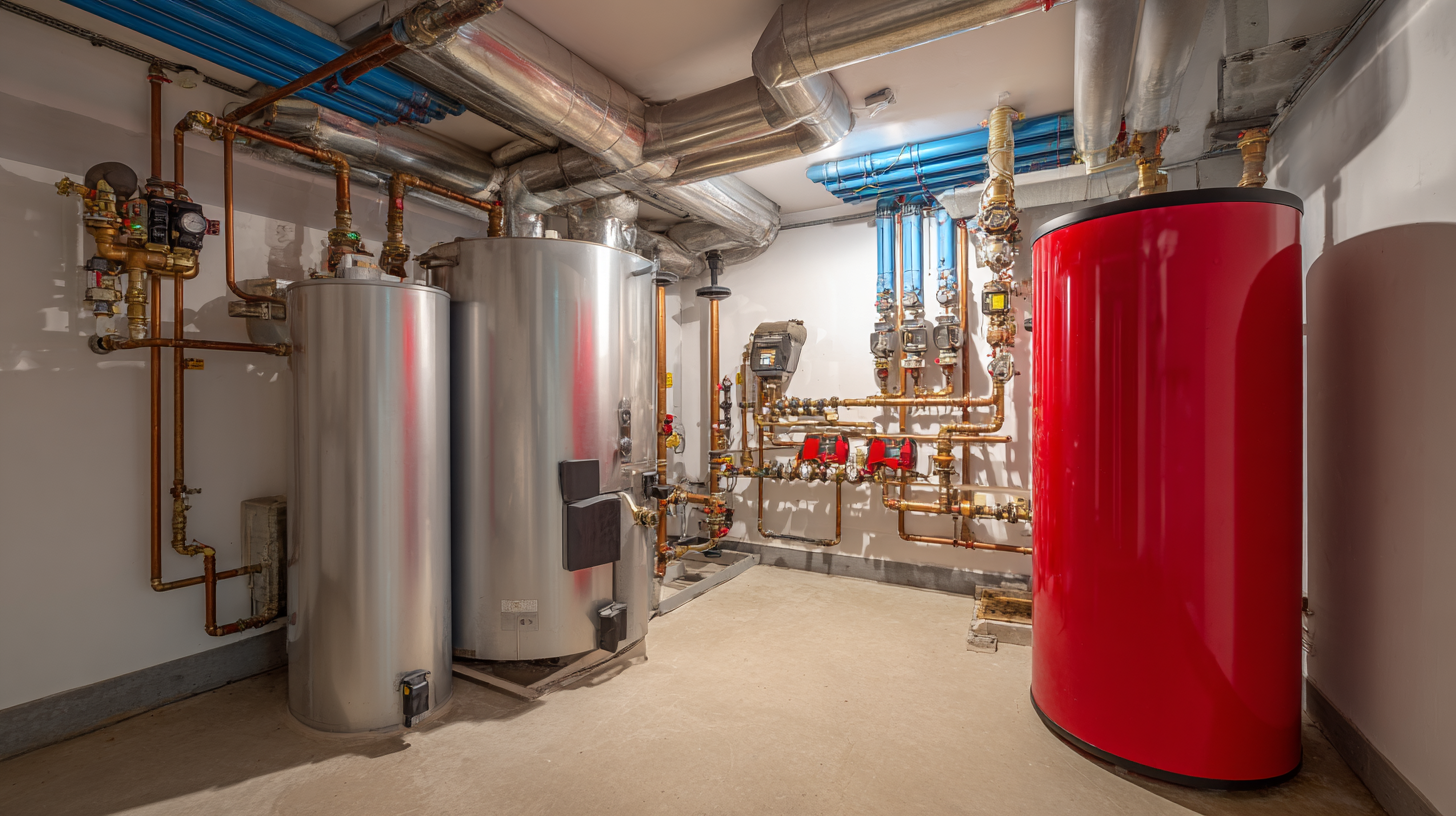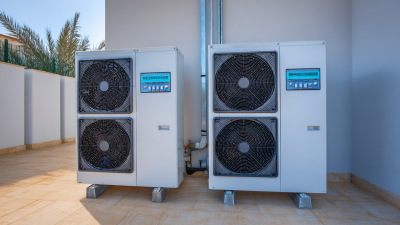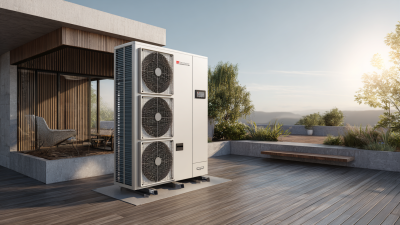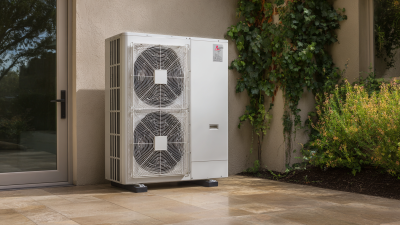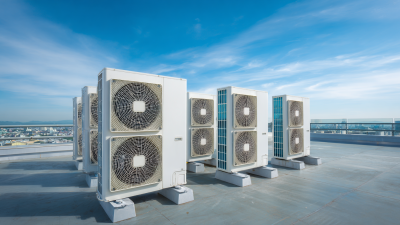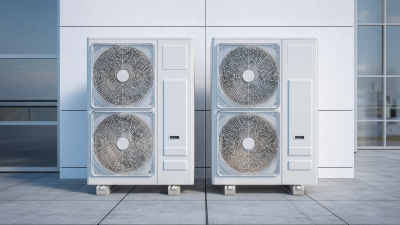Leave Your Message
In recent years, homeowners and energy efficiency experts alike have turned their attention to Inverter Heat Pump technology as a revolutionary solution for home heating. According to the U.S. Department of Energy, heat pumps can provide up to three times more heat energy to a home than the electrical energy they consume, making them a leading choice for reducing energy costs and greenhouse gas emissions. Furthermore, a report by the International Energy Agency (IEA) projects that the adoption of heat pump technology can reduce energy consumption by approximately 30% compared to traditional heating systems. The Inverter Heat Pump is particularly advantageous due to its adaptability and ability to adjust its heating output according to real-time temperature demands, thus maximizing efficiency and comfort. As the focus on sustainable living intensifies, understanding the benefits of Inverter Heat Pump technology has become essential for homeowners seeking to lower their carbon footprint and achieve energy savings.
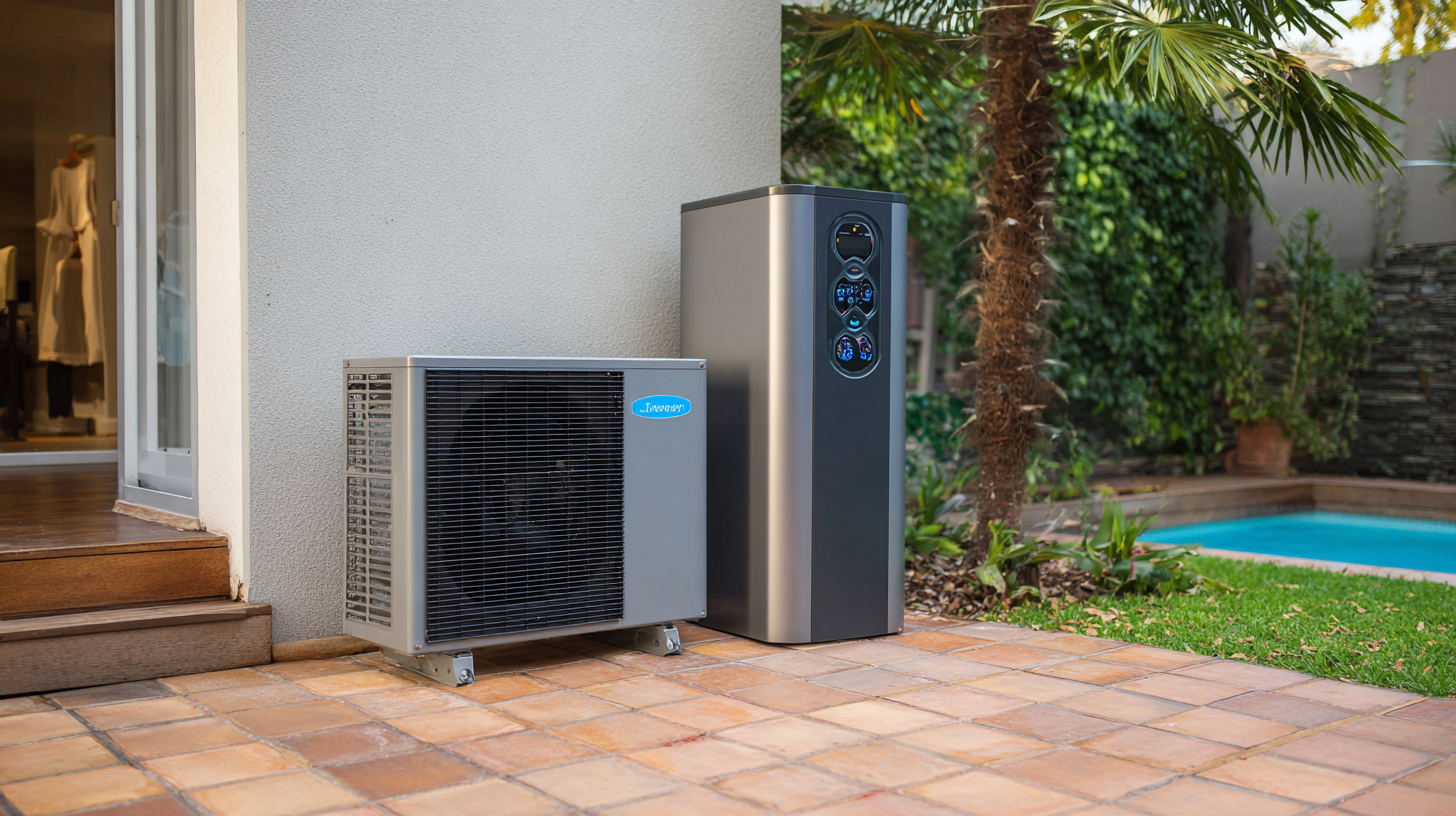
Inverter heat pump technology is revolutionizing energy-efficient home heating by leveraging advanced mechanisms to optimize performance. Essentially, inverter heat pumps use variable-speed compressors that adjust their operation based on real-time heating needs, making them significantly more efficient than traditional heating systems. According to a recent industry report, inverter heat pumps can improve energy efficiency by up to 30% compared to fixed-speed models. This not only reduces energy consumption but also translates into lower utility bills for homeowners.
Tips: When considering an inverter heat pump, look for models that are certified by energy efficiency programs. These certifications often indicate superior performance and potential savings on heating costs.
The operational principle behind inverter tech is akin to intelligent communication technologies seen in other sectors. Just as short-range wireless communication methods facilitate seamless connectivity, inverter heat pumps continuously monitor and adjust their output, ensuring optimal heating with minimal energy waste. This progressive technology aligns with the growing trend towards sustainable energy solutions, making it an attractive option for environmentally-conscious consumers.
Tips: Ensure that your home is well-insulated to maximize the benefits of your inverter heat pump, as this will further enhance its efficiency and overall performance.
This bar chart illustrates the benefits of inverter heat pump technology in terms of energy savings, carbon emissions reduction, noise levels, and lifespan. The inverter heat pump shows significant advantages in energy efficiency and environmental impact, making it a viable choice for modern home heating solutions.
In recent years, inverter heat pumps have gained significant attention as an energy-efficient alternative to traditional heating systems. Unlike conventional heaters, which function at a fixed speed, inverter heat pumps adjust their compressor speed according to the heating demands of the home. This allows them to maintain a consistent temperature while consuming up to 30-40% less energy, as reported by the U.S. Department of Energy. This efficiency translates into lower utility bills and a reduced environmental impact, making inverter heat pumps an attractive option for homeowners looking to minimize their carbon footprint.
When considering a heating system, it's essential to evaluate not just the initial costs but also the long-term savings. According to the Energy Information Administration, households using inverter heat pumps can save an average of $400 annually compared to those relying on conventional systems. Additionally, inverter technology helps to reduce wear and tear on the equipment, increasing its lifespan and decreasing maintenance costs over time.
Tips for optimizing your inverter heat pump include regularly cleaning the filters to ensure efficient airflow and setting the temperature on a moderate level to avoid unnecessary strain on the system. It’s also beneficial to schedule routine maintenance checks, which can further enhance efficiency and performance. By leveraging these strategies, homeowners can maximize the advantages of inverter heat pump technology for their heating needs.
Inverter heat pumps represent a significant advancement in home heating technology, offering enhanced energy efficiency compared to traditional systems. By continuously adjusting the compressor speed to match the heating needs of the home, inverter heat pumps minimize energy consumption during operation. This capability allows them to maintain a consistent temperature without the frequent on-and-off cycling of conventional heat pumps, leading to lower electricity bills and reduced greenhouse gas emissions.
Moreover, inverter heat pumps have a remarkable ability to operate efficiently even in extreme temperatures. Unlike standard units, which may struggle to provide adequate heating during colder months, inverter technology ensures optimal performance across a range of conditions. This adaptability not only enhances user comfort but also contributes to long-term savings and sustainability. As more homeowners become aware of the environmental impact of their heating choices, the shift towards inverter heat pumps symbolizes a commitment to greener living without sacrificing comfort or efficiency.
| Feature | Description | Energy Efficiency Benefit |
|---|---|---|
| Variable Speed Compressor | Adjusts the compressor speed based on heating demand. | Increases efficiency by using only necessary energy. |
| Enhanced Heating Performance | Extracts heat from the outside air even in low temperatures. | Provides reliable heating, reducing reliance on additional heating sources. |
| Smart Control Systems | Allows remote operation and monitoring via smartphone apps. | Optimizes energy use and reduces waste. |
| Low Noise Operation | Designed for quiet operation with minimal disturbance. | Enhances comfort without increasing energy consumption. |
| Environmentally Friendly Refrigerants | Utilizes refrigerants with low global warming potential. | Reduces carbon footprint and supports eco-friendly initiatives. |
Inverter heat pump technology is revolutionizing home heating by offering significant long-term cost savings. Unlike traditional heating systems, inverter heat pumps adjust their compressor speed to match the heating demand, resulting in more efficient energy use. This adaptability means that homeowners can see a reduction in energy bills, often up to 30-50% compared to conventional heating solutions. Therefore, while the initial investment may be higher, the savings over time can make these systems a financially savvy choice.
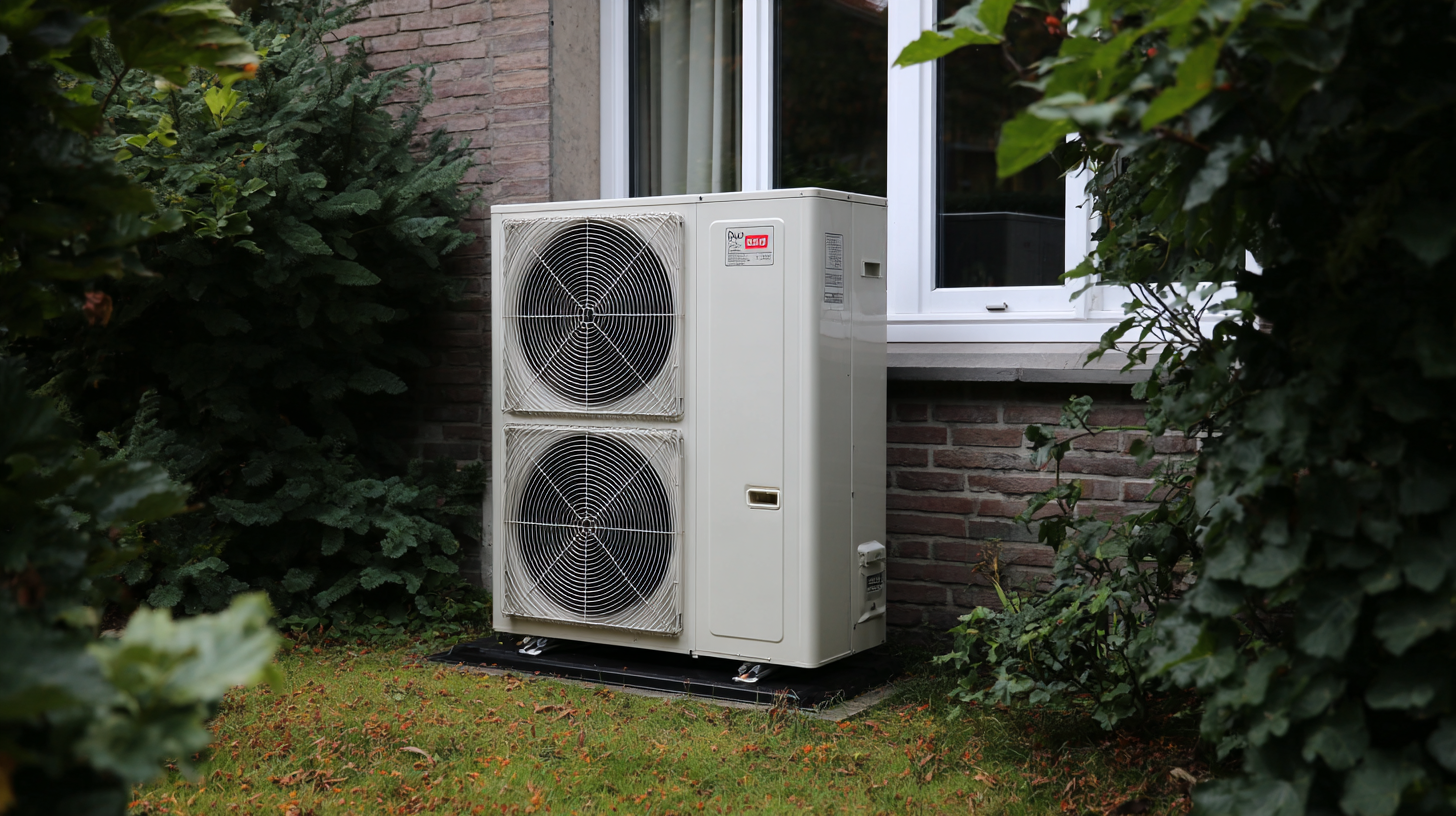
By leveraging these benefits and tips, homeowners can significantly lower their energy expenses while enjoying consistent and comfortable heating throughout the year. Investing in inverter heat pump technology not only supports a more energy-efficient home but also plays a crucial role in reducing long-term operational costs.
Inverter heat pump technology stands out as a sustainable solution for home heating due to its impressive energy efficiency and minimal environmental impact. According to the International Energy Agency (IEA), heat pumps can deliver over three units of heat for every unit of electricity consumed, achieving efficiencies of up to 400%. This remarkable performance not only reduces energy bills for homeowners but also lowers carbon emissions significantly. By utilizing electricity more effectively and reducing reliance on fossil fuel-based heating systems, inverter heat pumps contribute to a cleaner energy landscape.
Furthermore, inverter heat pumps are designed to operate with a lower environmental footprint. A study from the U.S. Department of Energy revealed that replacing an older heating system with a modern inverter heat pump could decrease greenhouse gas emissions by up to 30%. This reduction is crucial as governments worldwide strive to meet climate goals and transition to sustainable energy sources. The adaptability of inverter technology also allows for the integration of renewable energy sources, such as solar power, further enhancing its eco-friendliness. In this way, inverter heat pumps not only provide efficient heating solutions but also play a vital role in promoting environmental sustainability.
